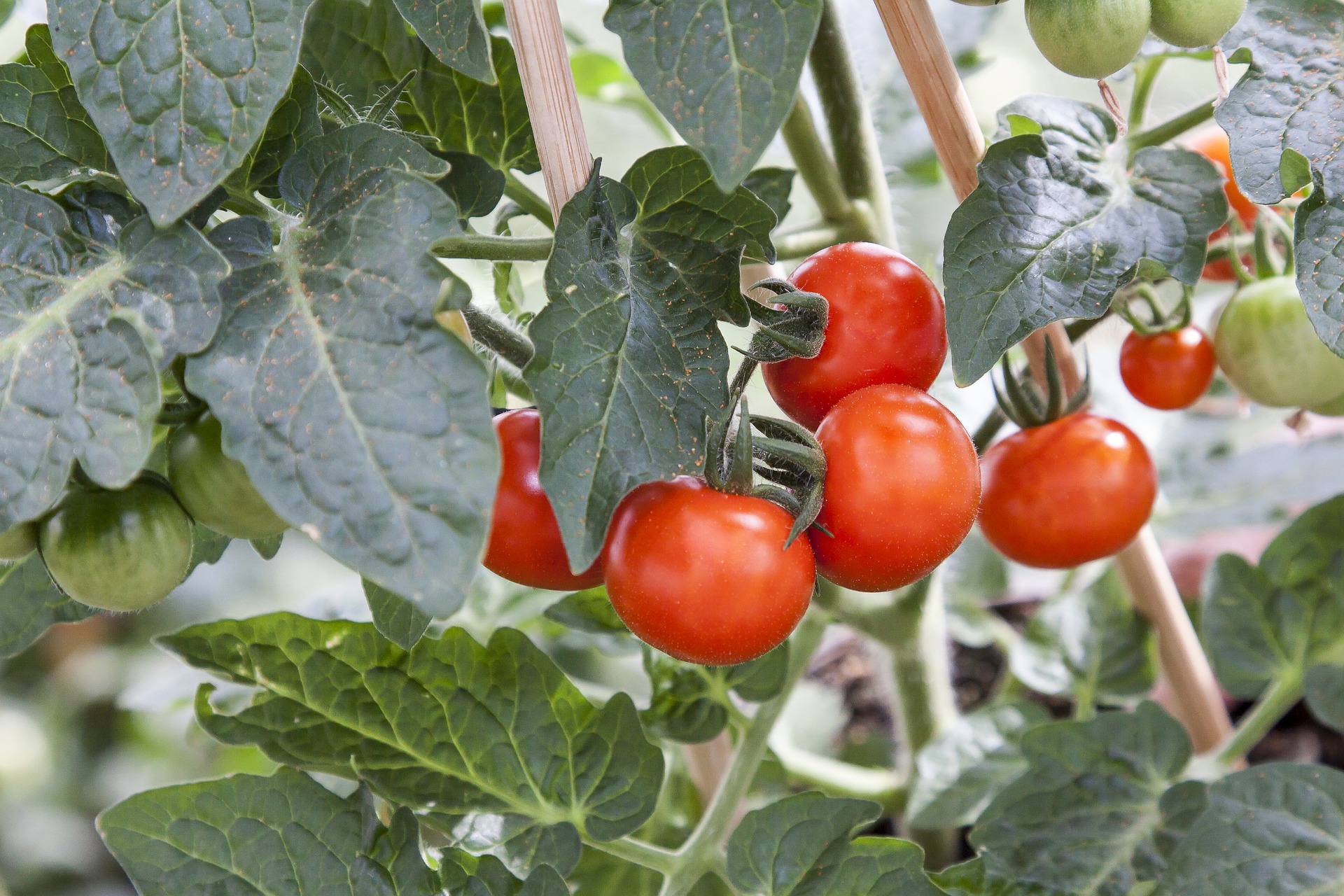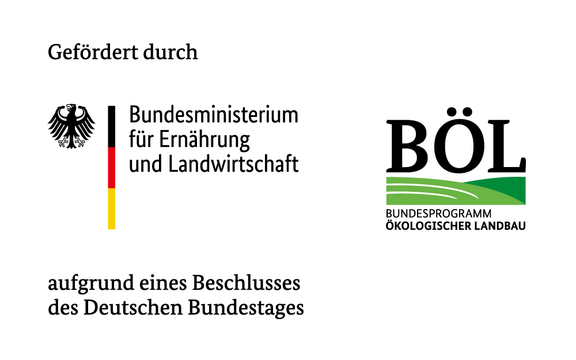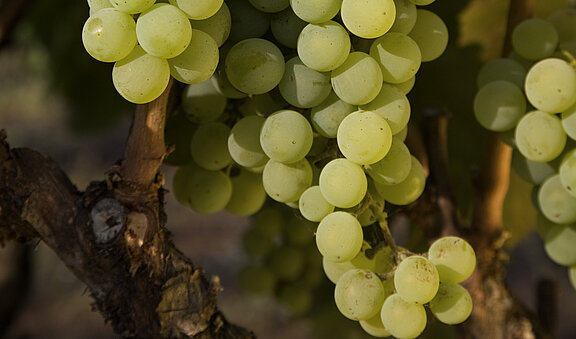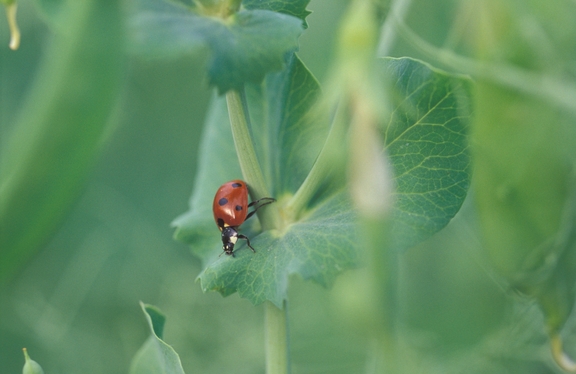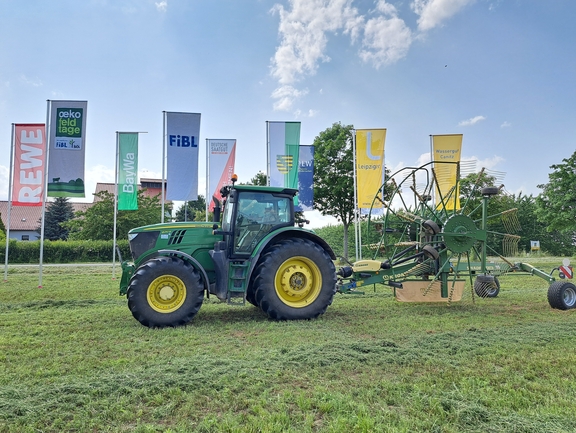*German Version below*
Climate crisis, biodiversity crisis...it is becoming ever more evident that practices harming the environment need to be transformed urgently. In terms of food production and plant health care strategies more specifically, organic farming has established an approach that continuously strives to optimise interactions with ecosystems and biodiversity.
The copper minimisation conferences in the past focussed on approaches surrounding fungal control in those crops, where copper is used. With a new and broader theme, our this years conference, still had have copper minimisation in plant protection and reporting of the German copper monitoring as a fixture, but now included the full scope of organic plant health care strategies, with a focus on innovative approaches and new knowledge paired with discussions on related societal and political narratives.
Klimakrise, Artensterben... es wird immer deutlicher, dass umweltschädliche Praktiken dringend transformiert werden müssen. In Bezug auf Nahrungsmittelproduktion – und die Gesunderhaltung von Pflanzen im Speziellen – setzt ökologischer Landbau auf Ansätze, die in Wechselwirkung mit Ökosystemen und biologischer Vielfalt kontinuierlich optimiert werden.
Die zurückliegenden Kupfertagungen konzentrierten sich auf Ansätze zur Pilzbekämpfung in Kulturen wie Wein oder Kartoffeln. Mit einem neuen und breiter angelegten Themenfokus hat unsere Konferenz dieses Jahr neben Kupferminimierung und deutschem Kupfermonitoring nun die gesamte Bandbreite der ökologischen Pflanzengesunderhaltungsstrategien einbezogen. Der Schwerpunkt lag auf innovativen Ansätzen und neuen Erkenntnissen, gepaart mit Diskussionen über die damit verbundenen gesellschaftlichen und politischen Narrative.


